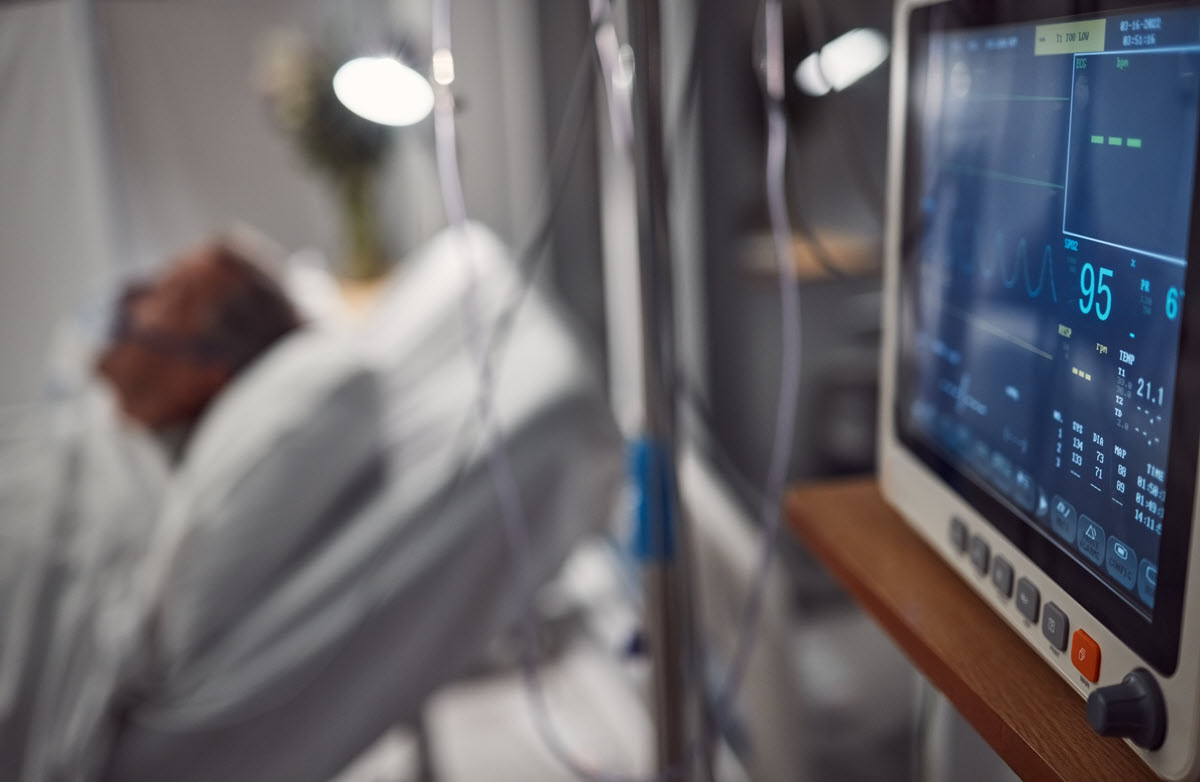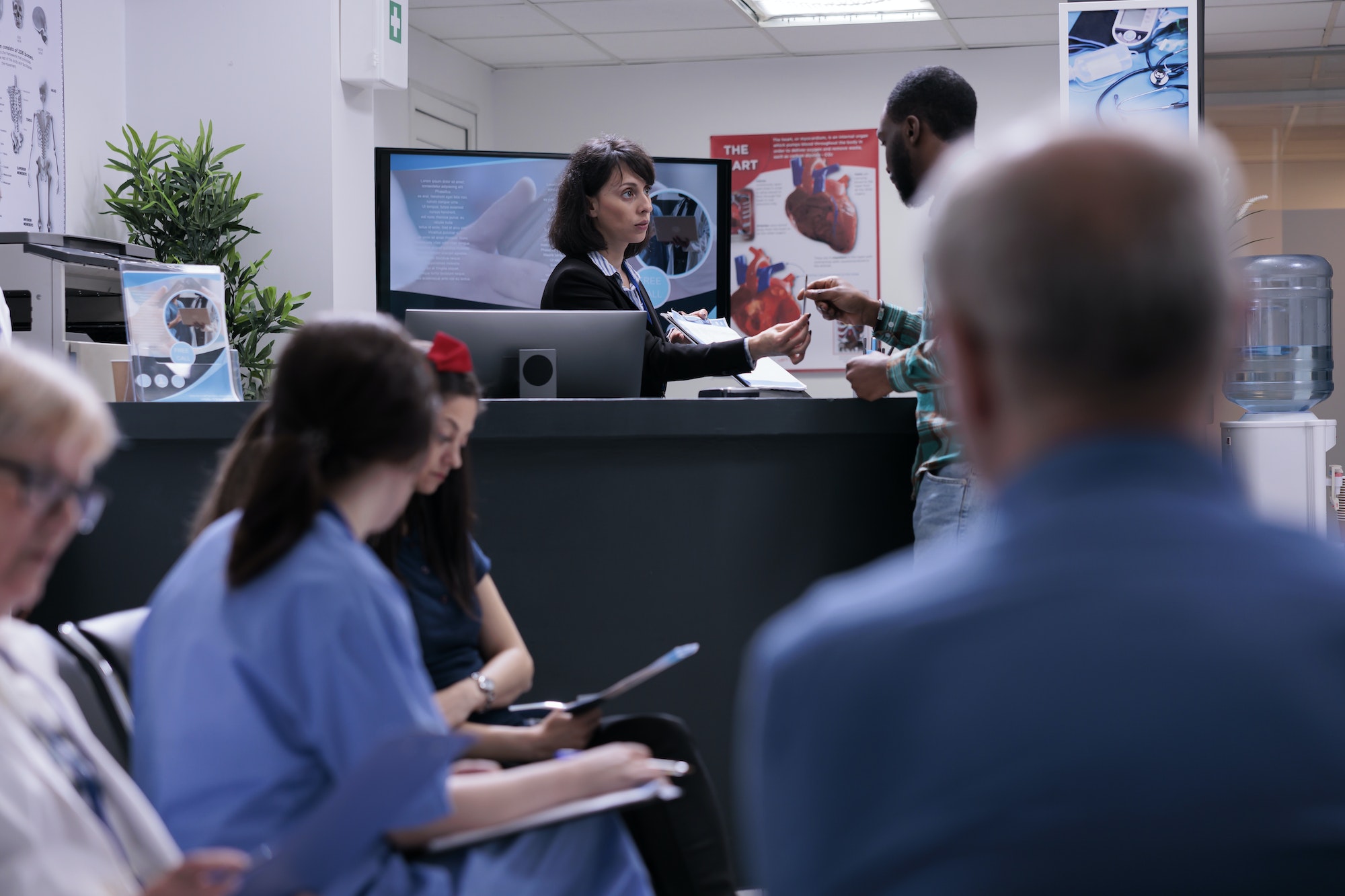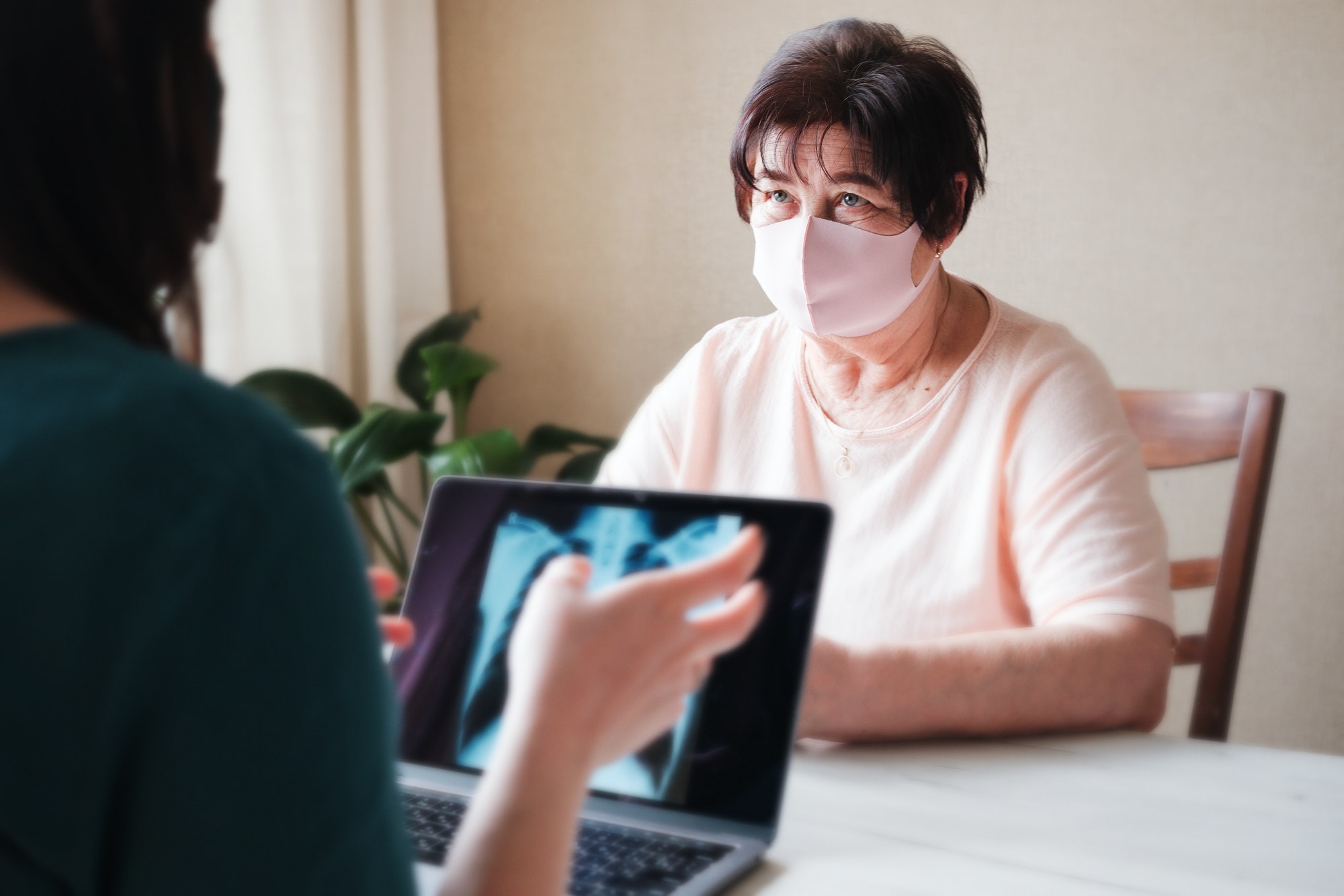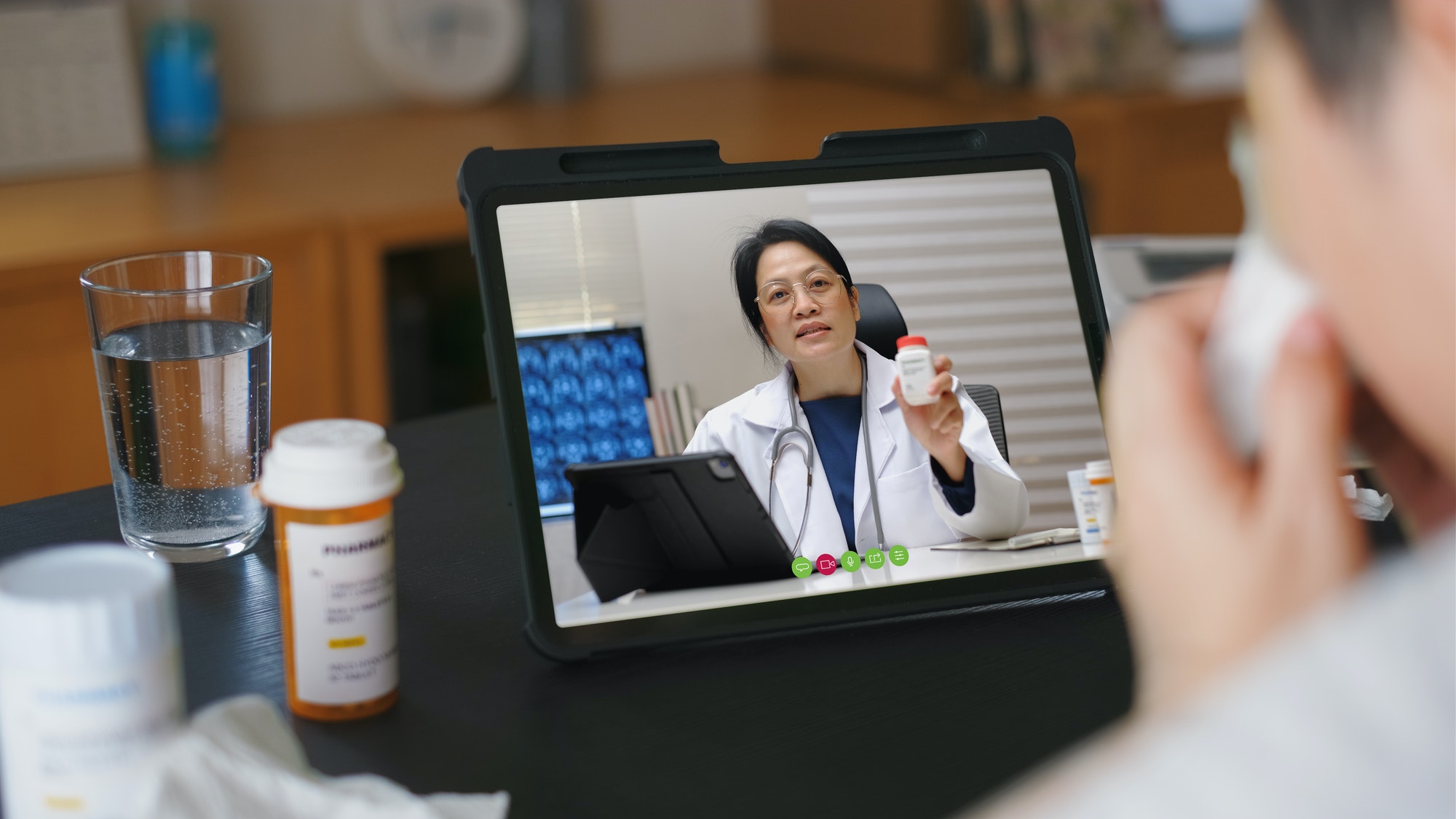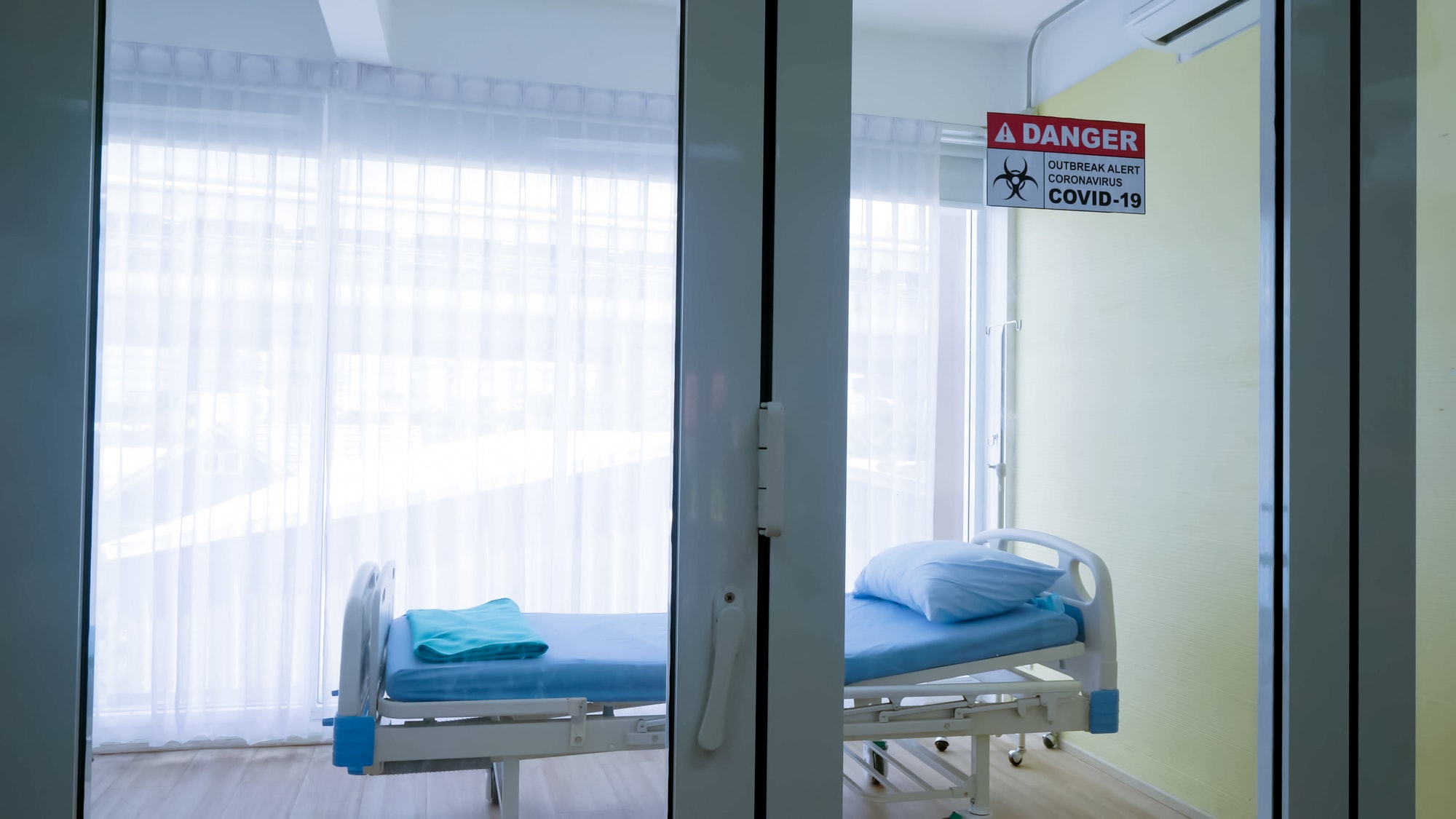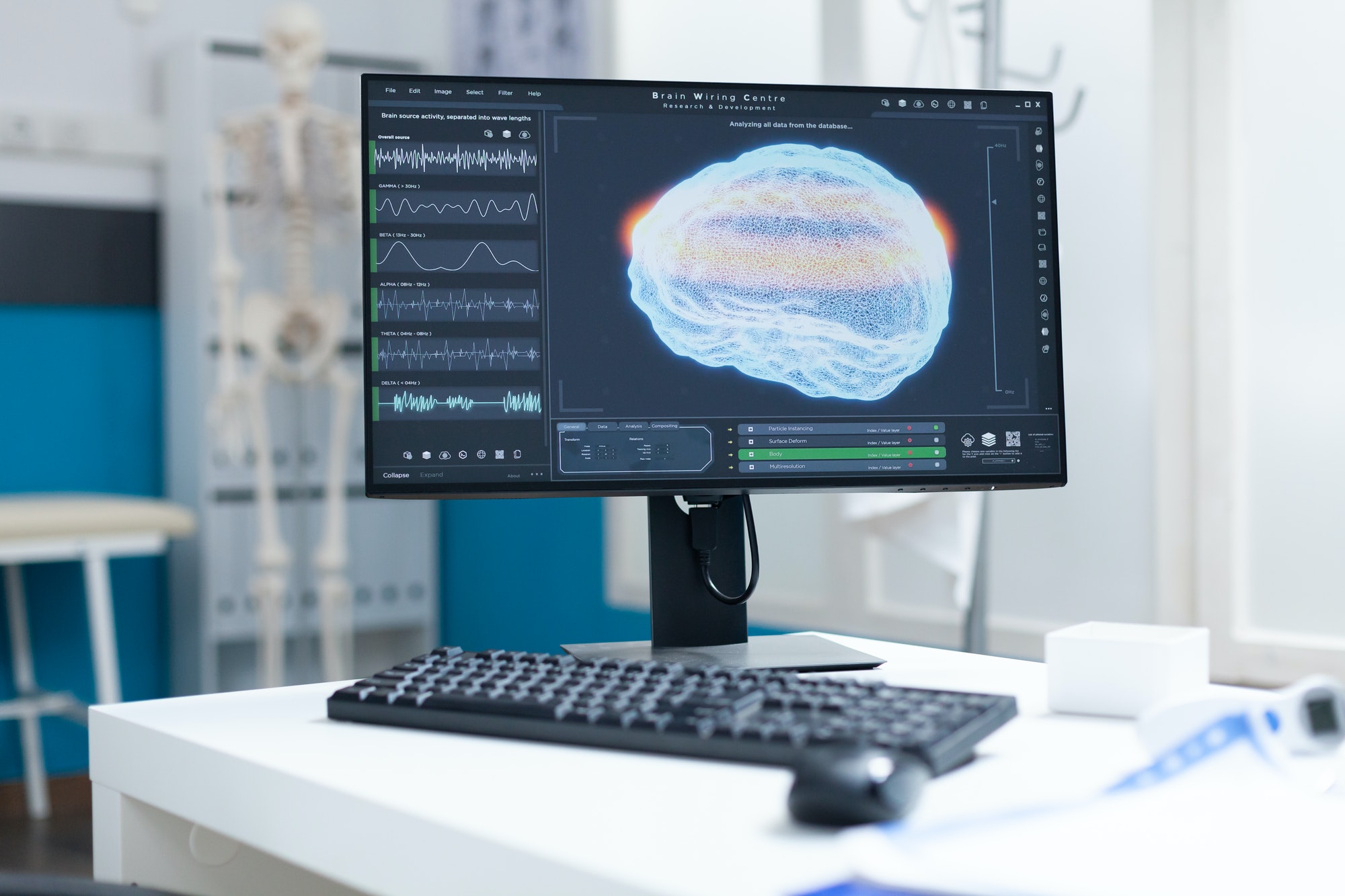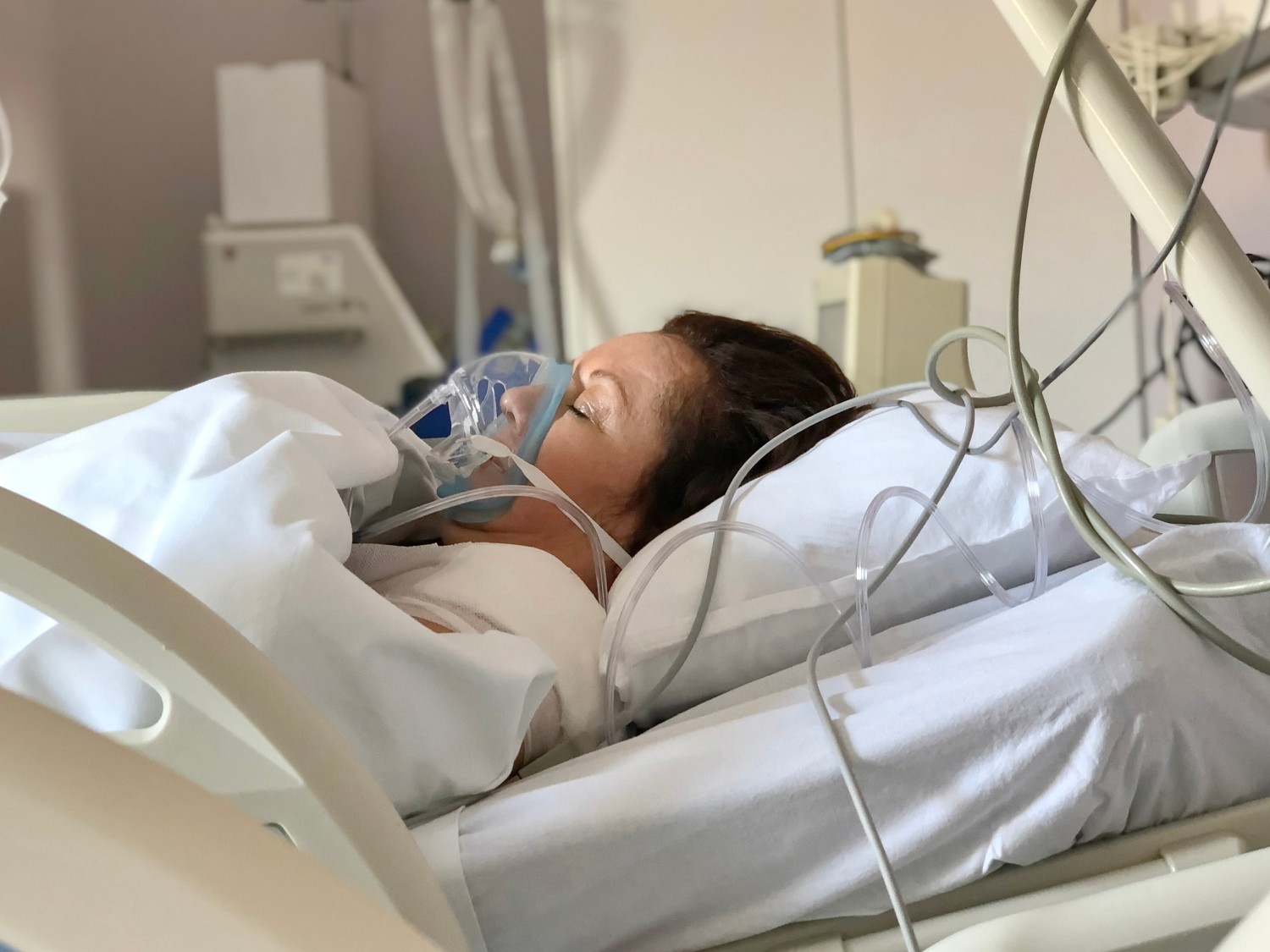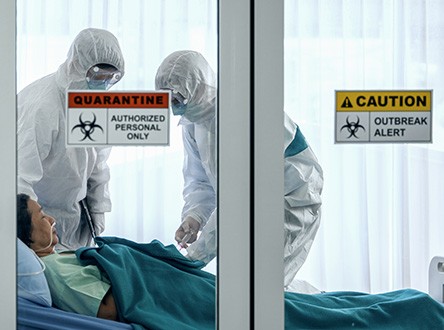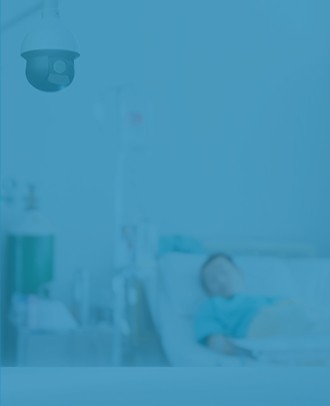DISCLAIMER: The below blog entry was written by an outside, unrelated party and does not necessarily express the opinions or views of or associated with the RemoteICU brand or the individuals associated with the RemoteICU brand. The blog is not necessarily endorsed or supported by RemoteICU nor was the entry reviewed and accepted by individuals associated with RemoteICU. The blog entry is provided simply to address and create interest in topics of import related to telemedicine. Your own independent research and decision-making and seeking of expert / professional opinions are required before you make any decisions whatsoever or form any opinions with respect to any topics addressed therein. By reading the blog entry, you consent to accepting the terms and conditions in this disclaimer.
As discussed in part 1 of this article, TeleICU implementation addresses the current challenges facing the US medical services ecosystem. The shortage of board-certified intensivists impacts patients, intensivists, and hospitals. So let’s examine the benefits of TeleICU for intensivists and hospitals in critical care medicine.
Is there a doctor in the house?
The Society of Critical Care Medicine (SCCM) emphasizes that multidisciplinary care teams led by intensivists are essential to critical care delivery, improving conditions for healthcare providers, and boosting hospitals’ financial performance. However, as seen in the first installment in this article, the availability of trained, board-certified intensivists is diminishing and thus impacts patient survival rates. The following are some of the factors involved:
- Specialists prefer to live in metropolitan areas and practice in larger medical centers. Hence, their scarcity hits outlying regions and hospitals with small ICU units that lack the economies of scale necessary to support full-time intensivists. In addition, many intensivists are also choosing not to work in the ICU due to personal and reimbursement issues.
- Research indicates that high staff turnover or decreases in quality-of-care in ICUs signals overload among staff and facilities. Merely the title of a 2018 article published in Intensive Care Medicine speaks volumes on the point: “Burnout, boreout and compassion fatigue on the ICU: it is not about work stress, but about a lack of existential significance and professional performance.” The writer holds that stress is inherent in working in an ICU with illness severity, mortality, ethical issues, and challenging daily work. However, the root of burnout, declining empathy, and increasing detachment lies in people’s need to believe that their lives are meaningful, that the things they do are important, make sense, and give them existential significance. If they don’t feel satisfaction among these factors, feel they have influence, or receive meaningful recognition for their help or work, helplessness, and hopelessness set in, and they may crash. Another article discusses intensivists’ ongoing sense of professional dissatisfaction, including with the image of the specialty – a lack of public awareness that critical care medicine is even a distinct specialty. The article also proposes expanding the adult intensivist workforce by improving internal medicine-based critical care training programs and incentives for recent graduates to enter the field. Other suggestions to encourage senior intensivists to remain in the field include proactive marketing of critical care and expanding the involvement of critical care societies in the challenges they face.
COVID 19 has had a profound effect on critical care
- COVID 19 has had a profound effect on critical care workers who have been on the front lines of the worst health crises in US history. For example, an August 2021 mental health article published in Scientific American asks who is caring for the ICU physicians in crisis? Dr. Mona Masood, US Physician Support Line Founder and Chief Organizer, reports that since March 2020, volunteer psychiatrists have fielded over 3,000 anonymous calls from physicians requesting mental health support.
- In a UK survey, ICU physicians affirmed “very high levels of post-traumatic stress symptoms, depression [and] anxiety, and some were also at risk of alcohol misuse.” In addition, more than one in seven ICU staff reported thoughts of suicide or self-harm. Around 300 to 400 US physicians commit suicide annually, roughly double the general population’s rate.
The above factors are causing many ICU staff to leave the profession for good.
Benefits of TeleICU for intensivists
An SCCSM Taskforce suggests that telemedicine can alleviate overburdening intensivists. Several studies also back TeleICU programs to ameliorate intensivists’ overload, burnout, and feelings of ineffectiveness. TeleICU may achieve this by consistently improving clinical outcomes, decreasing mortality, shortening ICU LOS, and increasing staff.
The impact of the ongoing COVID crisis on ICU staff has also brought the need for eICUs or Tele Critical Care (TCC) into sharp focus. Rural hospitals, for instance, without on-site critical care expertise, found themselves unable to transfer their critically ill patients to overwhelmed large urban centers. In addition, the same support can significantly alleviate the psychological damage experienced by all front-line critical care staff.
Hospitals and TeleICU Adoption
TeleICU adoption depends on hospital decision-makers, which is typically a combination of clinical leaders and business management. However, despite patient and staff benefits and the diminishing availability of intensivists, other factors may prevent them from doing so.
Hospitals’ are influenced by ROI, politics, the support of capital investments in infrastructure, and regulatory obstacles. This reality is particularly manifest for outlying and small hospitals. However, it also applies to overwhelmed large urban ICUs. Overall, the indication is a broader failure in hospitals’ role in creating an efficient critical medical services ecosystem.
Helping patients improve and leave the ICU faster
Regarding finances, Medicare and many insurers usually pay hospitals a bundled rate for a specific diagnosis, whether the patient spends two or 12 days in the ICU, where as much as 40 percent of hospital spending occurs. TeleICU uptake proponents emphasize that intervening before a patient crashes or reducing complications like ventilator-induced pneumonia, watchful intensivists significantly improve the hospital’s bottom line by helping patients improve and leave the ICU faster.
Users find that TeleICU serves a critical role in the effective regional management of ICUs. TeleICU also favorably impacts the entire healthcare system. For example, a centralized remote patient monitoring center consolidates and standardizes care, reduces transfers while boosting bed utilization, and supports on-site staff. A virtual ICU (aka TeleICU) also reduces costs while enhancing revenues, patient flow, and capacity management.
Concluding remarks
Now more than ever, it is imperative to address fundamental structural problems, including staffing shortages, hospital dysfunction, and failed leadership. According to a Mayo Clinic study, the most impactful strategies to alleviate physician burnout “will target organization-directed changes rather than the level of the individual,” and that suggests broad-scale changes that the health industry often resists.
Greg Martin, Society of Critical Care Medicine President, says that the question of the year for health care may be, “How do we really support providers? Because it gets to the question of why people are leaving the profession—and clearly they are.”







